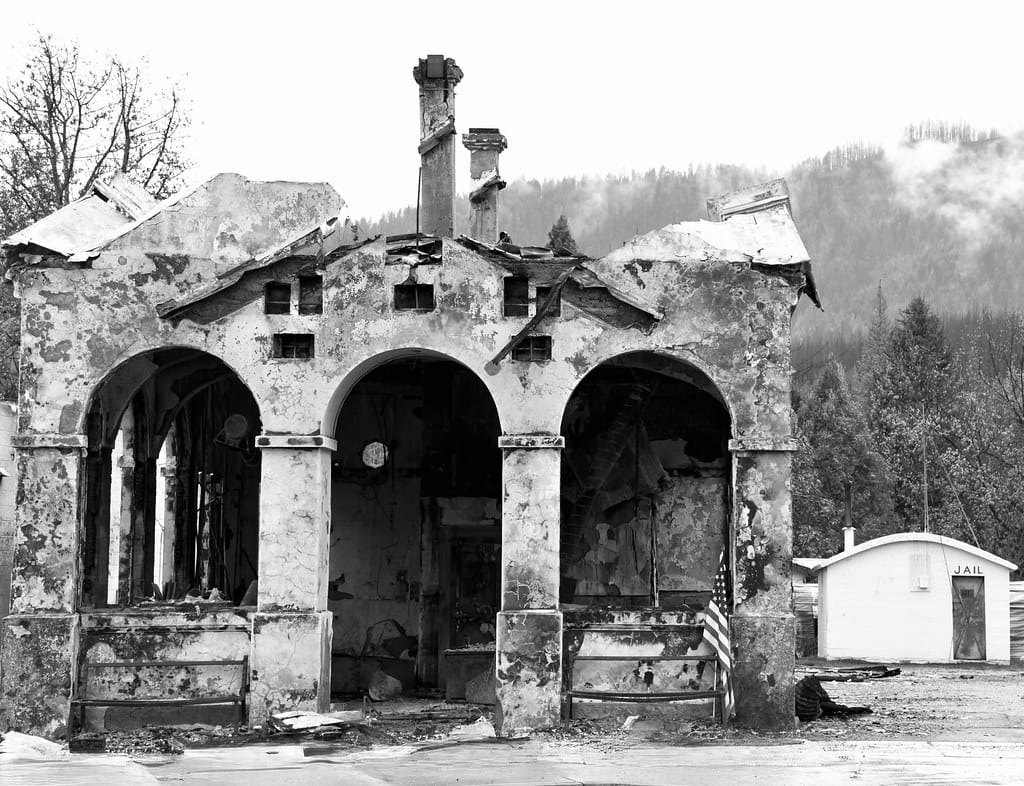Oil Giants Face Unprecedented 'Climate Death' Lawsuit as Legal Landscape Shifts
A groundbreaking lawsuit filed this week marks a pivotal moment in climate litigation, as major oil companies face their first wrongful death claims directly linking fossil fuel emissions to climate-related fatalities. The case, filed in Oregon state court, alleges that ExxonMobil, Shell, BP, and Chevron bear responsibility for heat-related deaths during the Pacific Northwest's unprecedented 2021 heat dome event.
Breaking New Legal Ground
The lawsuit represents a significant escalation in climate litigation strategy, moving beyond property damage and infrastructure costs to directly connect corporate emissions with human mortality. Filed on behalf of families who lost loved ones during the extreme heat event that killed over 100 people in Oregon alone, the case argues that oil companies' decades of climate science suppression and continued fossil fuel production created a "public nuisance" that proved deadly.
"This is the first time we're seeing plaintiffs draw a direct causal line between specific climate impacts and human deaths in court," said Michael Gerrard, director of Columbia Law School's Sabin Center for Climate Change Law. The legal theory builds on growing scientific attribution studies that can now link extreme weather events to human-caused climate change with increasing precision.
The 2021 Heat Dome: A Climate Disaster
The June 2021 heat dome that settled over the Pacific Northwest shattered temperature records by unprecedented margins. Portland reached 116°F, Seattle hit 108°F, and the small town of Lytton, British Columbia, recorded a staggering 121°F before being consumed by wildfire. The extreme temperatures, which scientists determined were virtually impossible without climate change, killed an estimated 1,400 people across the region.
Most victims were elderly residents in homes without air conditioning, a rarity in a region where such extreme heat was previously unthinkable. The lawsuit details how victims like 84-year-old Donald Osborne of Multnomah County died from hyperthermia in his apartment, despite neighbors' attempts to provide cooling relief.
Corporate Knowledge and Responsibility
Central to the lawsuit's argument is the extensive documentation of oil companies' internal climate science research dating back to the 1970s. Court filings reference internal ExxonMobil documents showing the company's scientists accurately predicted global warming effects decades before public acknowledgment, while the company simultaneously funded climate denial campaigns.
The plaintiffs argue this created a "conspiracy of deception" that delayed climate action and contributed to the severity of current climate impacts. By 2021, atmospheric CO2 levels had reached 415 parts per million, the highest in over 3 million years, with fossil fuel emissions being the primary driver.
Legal Challenges and Precedents
While the lawsuit faces significant legal hurdles, the climate litigation landscape has evolved rapidly. The Dutch Supreme Court's 2019 Urgenda decision, which ordered the Netherlands to reduce emissions to protect citizens' human rights, has inspired similar cases worldwide. In the U.S., the Montana constitutional climate case Held v. Montana resulted in a favorable ruling for young plaintiffs last year.
However, establishing direct causation between specific companies' emissions and individual deaths remains complex. Defense attorneys will likely argue that climate change results from global emissions over decades, making individual corporate liability difficult to prove. The oil companies named in the suit have not yet responded to requests for comment.
Implications for Corporate Climate Risk
The lawsuit signals a new phase in corporate climate accountability, where companies may face liability not just for future climate risks but for current climate-related harms. This could have profound implications for insurance coverage, corporate governance, and climate risk disclosure requirements.
"We're seeing a convergence of better attribution science, growing climate impacts, and evolving legal theories," noted Delta Willis, a climate litigation expert at the Rocky Mountain Institute. "This case could open the floodgates for similar claims."
Looking Ahead
Regardless of its ultimate outcome, this lawsuit represents a watershed moment in climate accountability. As extreme weather events become more frequent and severe, and as attribution science continues to improve, the legal system may increasingly become a venue for addressing climate damages and corporate responsibility.
The case underscores the mounting pressure on fossil fuel companies to account for their role in climate change—not just as an environmental issue, but as a matter of life and death. For families who lost loved ones in the heat dome, the lawsuit offers a path toward justice in an era of climate consequences.
